Spotlight on Women’s Health Grampians
About Women’s Health Grampians
Women’s Health Grampians (WHG) is the lead organisation for women’s sexual and reproductive health promotion, prevention of violence against women, and gender equality in the Grampians Region. The region is made up of 11 Local Government Areas and operates on the traditional lands of the Wurundjeri, Wadawurrung, Dja Dja Warrung, Wotjobaluk, Jaadwa, Jadawadjali, Wergeia and Jupagalk people.
Featured work: First Nations-led approach
As an intersectional feminist organisation WHG is committed to continuous listening, learning and working in partnership with First Nations people. WHG value their voices and connection to country, and see it as their obligation to ensure First Nations women’s voices are central to the work they do.
The invasion of Australia involved genocide and dispossession of land and culture. The health and wellbeing of First Nations people continues to be impacted by colonisation, discrimination, marginalisation, and the forced removal from Family, Country and Culture.
WHG acknowledge the extensive harm experienced by First Nations women and children, including high rates of family violence, among the impacts of invasion. WHG recognises the strength and courage of First Nations women and girls who bravely speak up against oppression and the consequences of colonisation, and generously share their wisdom on Family, Country and Culture.
First Nations strategic development:
Across 2023-24, as part of the funding uplift received from the Victorian Government, WHG recruited two self-determined roles that now make up WHG’s First Nations Team. The team spent their first year building the foundations for WHG’s approach to continuous listening and learning from First Nations people across our region.
WHG’s approach will be underpinned by:
· An ongoing commitment to Gender Justice for First Nations women across the Grampians Region
· An obligation to ensure First Nations women’s voices are central to the work WHG does
· Recognition of the intergenerational trauma that is held by First Nations women across the Grampians region
· A commitment to understanding why First Nations women are unrepresented in many ways throughout the region.
Proud Meriam Torres Strait Islander woman, Deborah Lowah Clark, performs at First Nations Women Yarn – WHG International Women’s Day event
WHG will engage First Nations community members across the Grampians region to self-determine how to build capacity of organisations in the region regarding culturally safe, self-determined and inclusive practices. Through consulting with partner organisations and First Nations community members across the Grampians region, WHG will better understand its value-add and positioning within the First Nation’s Women’s health priority area.
WHG do this by actively engaging with First Nations-led initiatives designed to:
· highlight the impacts of racism and support self-determined approaches to deconstructing the oppressive structures of colonisation that exacerbate gender inequality;
· prevent, reduce, and respond to family violence in Aboriginal and Torres Strait Islander communities across the region, and;
· highlight the intersectional nature of violence, ensuring the voices of women from diverse backgrounds are heard.
First Nations Women Yarn – International Women’s Day
There is a huge appetite in the Grampians region to hear from those who have historically been excluded from public conversations, including around equality. ‘First Nations Women Yarn’ was WHG’s keynote International Women’s Day event for 2023. It was proposed, planned and delivered by the WHG First Nations team, and it was an outstanding success. A capacity crowd heard from Yorta Yorta women Rachel Muir and Ashlee Rodgers; Nikki Foy, proud Gunditjmara, Wotjobaluk woman; Nikki Bell, proud Gunditjmara, Ngarrindjeri, Wotjobaluk woman; and Deborah Lowah Clark, proud Meriam Torres Strait Islander woman and renowned Ballarat-based vocal performer. WHG’s First Nations Health Promotion Officer Lyndel Ward, proud Gamilaraay woman, moderated the panel. Everyone in the room was humbled by the generosity of these women as they shared their lived experience, hopes for the future, hurt and laughter.
Proud Gunditjmara, Ngarrindjeri, Wotjobaluk woman, Nikki Bell; proud Yorta Yorta women, Ashlee Rodgers; proud Gunditjmara, Wotjobaluk woman, Nikki Foy; proud Gamilaraay woman, Lyndel Ward; and proud Yorta Yorta woman Rachel Muir speak at WHG’s International Women’s Day - First Nations Women Yarn.
The Yarning Garden
WHG were excited to commence working alongside community not-for-profit organisation Food Is Free Inc in early 2023 to develop a First Nations-led gardening project funded by the City of Ballarat. Collaboration is a key part of WHG’s ethos, as is supporting First Nations women’s self-determination. The Yarning Garden project, created on Wadawurrung Land, is co-designed, developed and run by First Nations women. Guided by WHG’s First Nations team, First Nations participants take the lead on core decisions, whilst Food Is Free Inc provide community gardening mentorship.
The garden will create a site of connection, empowerment, knowledge sharing and learning for the women involved, and a place for the whole community to learn more about First Nations culture.
To view the Yarning Garden video, visit https://whg.org.au/yarning-garden/
Yarn Bark
In 2023 the entire WHG Board and staff group commenced a year-long program of cultural immersion and learning through Yarn Bark. WHG feel honoured to have the opportunity to participate in a First Nations-led program that encourages staff and Board members to question what it really means to acknowledge Country. Through close engagement with the content and regular reflection sessions, WHG are deepening understanding of and appreciation for First Nations culture and knowledges. This work will inform WHG’s programs and overall mission to eliminate gender-based violence in the future.
Visit the Yarn Bark website, visit https://www.yarnbark.com/
To find out more about the WHG’s work, visit https://whg.org.au/






